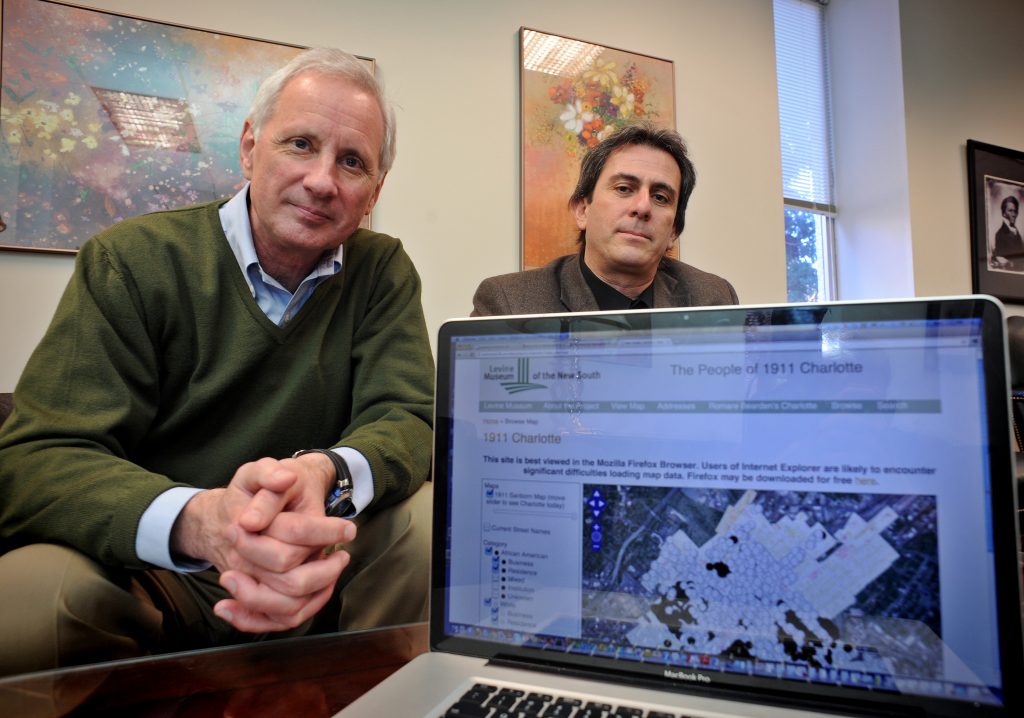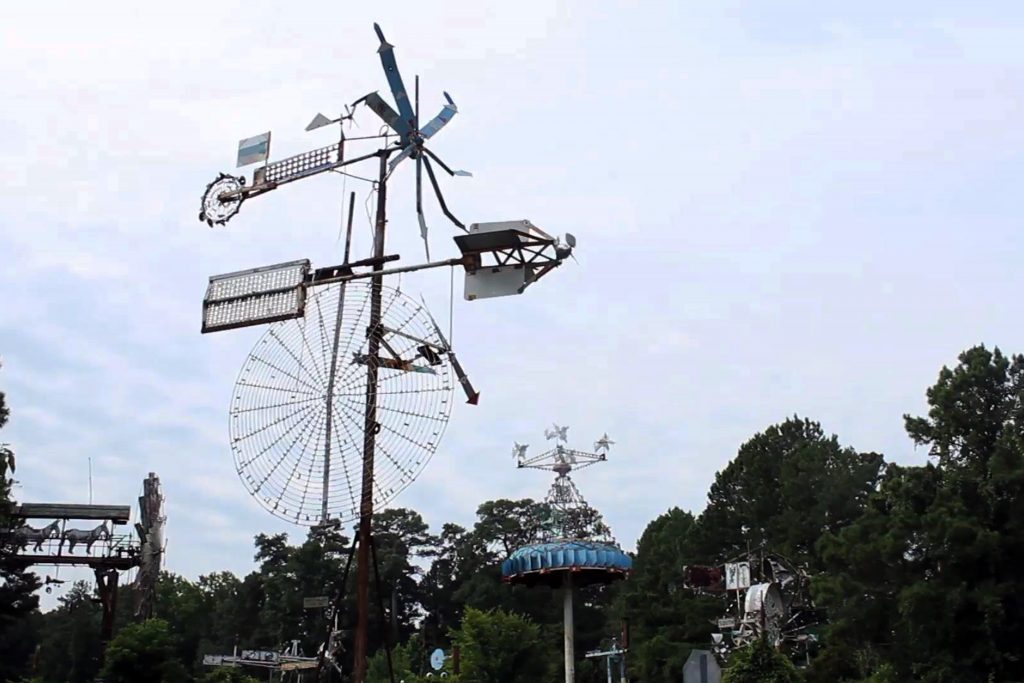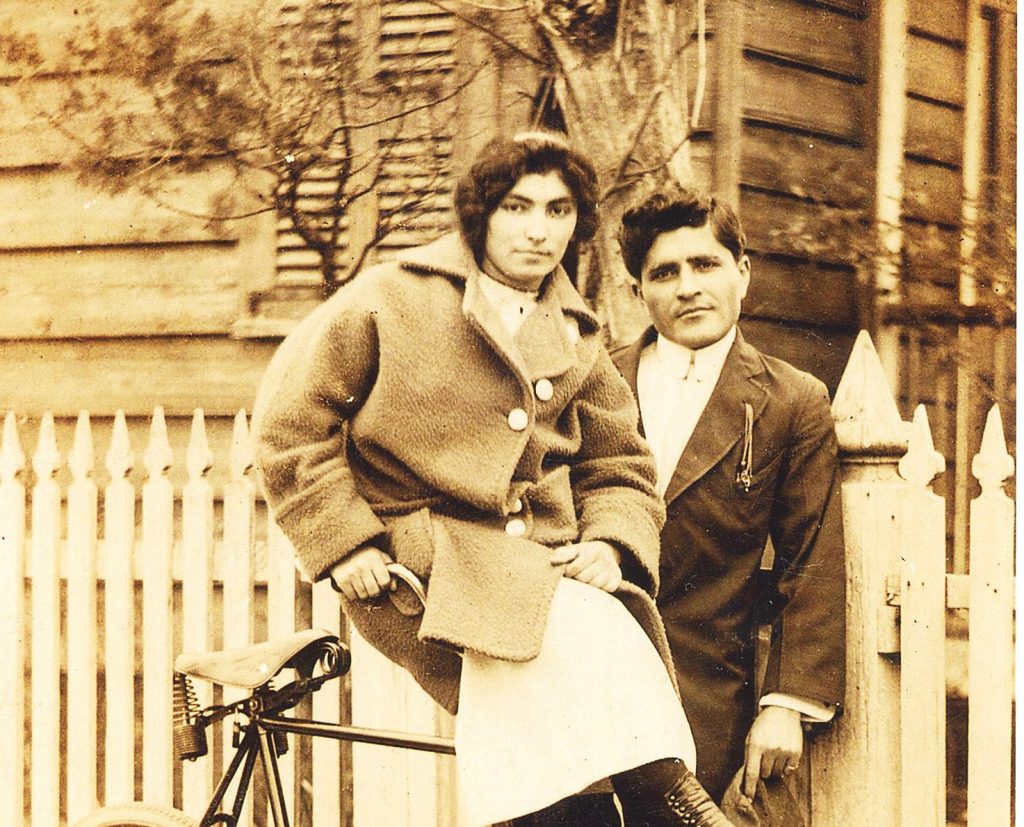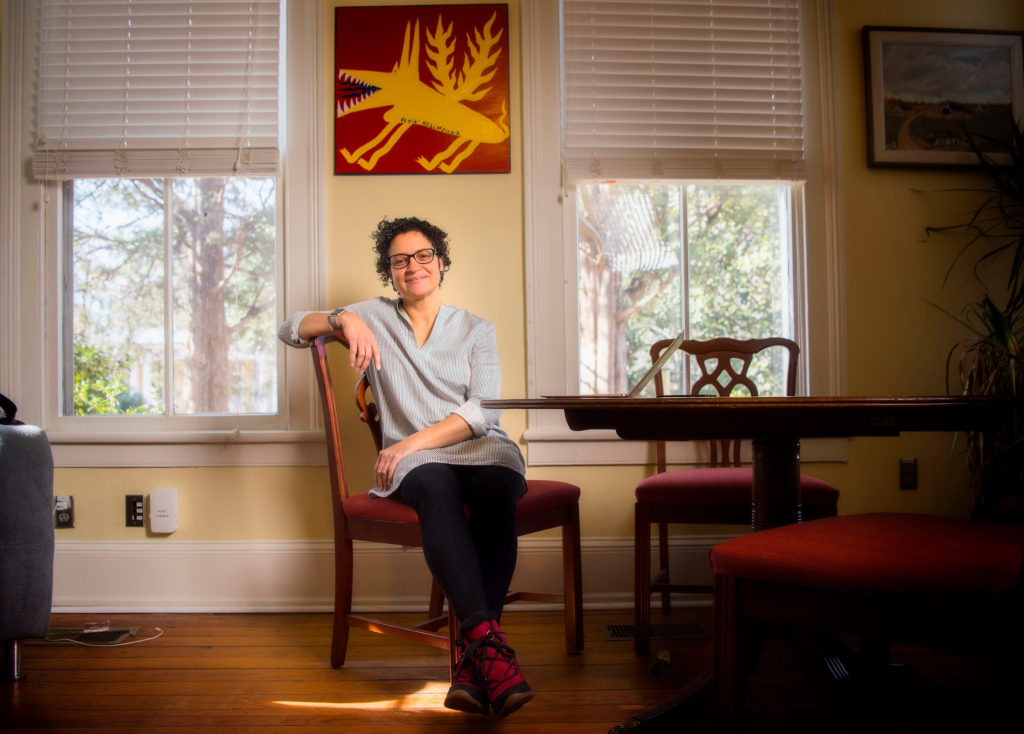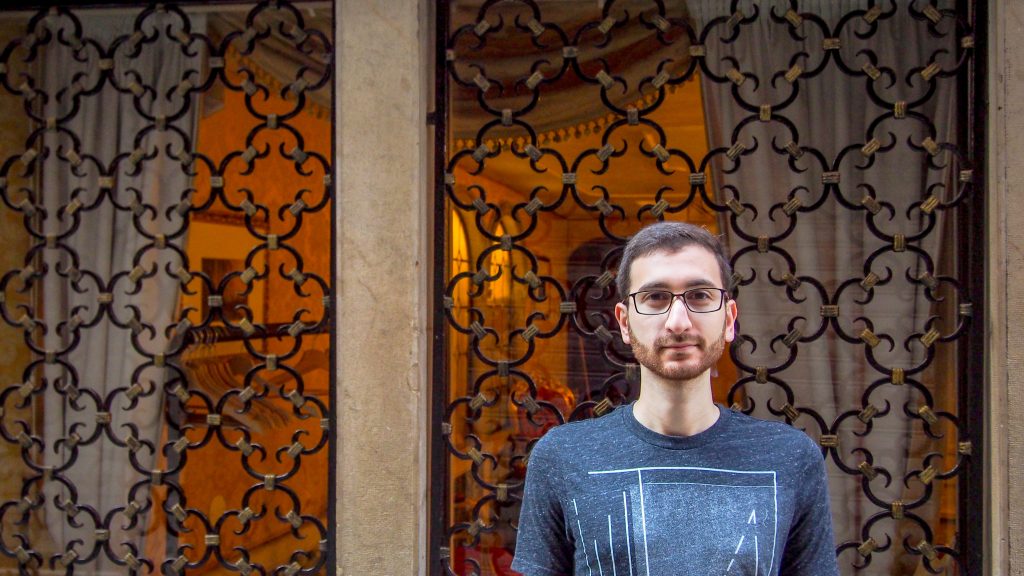
The Process Series: New Works in Development presents “Spoken Justice,” a season of provocative, powerful performances at the University of North Carolina at Chapel Hill exploring seminal issues of social justice, both past and present. The first performance opens Sept. 30.
The series offers culturally diverse, multidisciplinary projects that focus on North Carolina, such as “The Black Pioneers Project” (in partnership with the Southern Oral History Program), which will present important oral histories from the first African-American students at Carolina. Other performances in the series will reach beyond North Carolina, like examining Islamophobia and the plight of Syrian refugees.
The series offers audiences an opportunity to examine the creative process, as each project allows the artists and performers to explore new ideas. Complete with audience feedback following every performance, each show is vital to the continued growth of these new works.
“This season focuses on questions of social justice more than any of our previous years, specifically exploring questions of race, class, gender and sexuality,” said Joseph Megel, founder, artistic director and artist-in-residence in the College of Arts and Sciences’ department of communication. “These issues are critically important to our state and nation, and we are proud to be presenting North Carolina-based artists who are deeply and imaginatively engaging with these challenging issues.”
Sponsors include the College of Arts and Sciences, Institute for the Arts and Humanities, UNC departments of African, African American and diaspora studies; communication; dramatic art; English and comparative literature; and music; the Center for the Study of the American South, the Southern Oral History Program, the Sonja Haynes Stone Center for Black Culture and History and the American studies department.
Shows are free to the public, with a suggested donation of $5 at the door. No reservations are required. For more information, visit The Process Series.
Performances include:
“Unraveling Beethoven: Beyond the Canon”
Devised by violinist Nicholas DiEugenio and pianist Mimi Solomon
Provocative re-imagining of Beethoven’s “Violin Sonatas” by five modern composers.
Sept. 30 and Oct. 1, 8 p.m., Kenan Rehearsal Hall
“Your Desires in Fragments” by Ramón Griffero, translated by Adam Versényi
Co-sponsored with The Teatro Latina/o Series and Latina/o studies
A collection of the first English translations of Chile’s renowned radical gay playwright.
Oct. 14 and 15, 8 p.m., Swain Hall, Studio 6
“The Black Pioneers Project”
Presented in partnership with the Southern Oral History Program
Dramatized oral histories of UNC’s courageous first African-American students.
Nov. 4 at 8 p.m. and Nov. 6 at 3 p.m., The Sonja Haynes Stone Center for Black Culture and History
“Spoken Word/Spoken Justice:” A Festival of Spoken Word Performance
Presented in partnership with WUNC Radio and the department of communication
Stirring solo performance works by Mohammad Moussa, Kane Smego and Will McInerney explore the power of hip hop to transcend cultural divides, Islamophobia and stories of Mideast refugees. Workshops will be held with UNC students. Swain Hall, Studio 6
Feb. 10, 5 p.m.: “Shattered Glass”/Moussa. Feb. 11, 2 p.m.: “Shattered Glass”/Moussa; 7:30 p.m.: Will McInerney; 8:30 p.m.: Kane Smego. Feb. 12, 2 p.m.: Kane Smego; 3:30 p.m.: Will McInerney; 6 p.m.: “Shattered Glass”/Moussa; 7:30 p.m.: UNC Student Open Mic Performance.
“Count” by Lynden Harris/Hidden Voices
Uplifting drama about six condemned men on death row re-envisioning what it means to be alive.
March 3 and 4, 8 p.m., Swain Hall, Studio 6
“Leaving Eden” by Mike Wiley, directed by Vivienne Benesch
Co-production with PlayMakers Repertory Company and the department of dramatic art
Searing new play investigating the fall out of plant closings on Tar Heel communities of color.
May 5 and 6, 8 p.m., Swain Hall, Studio 6

